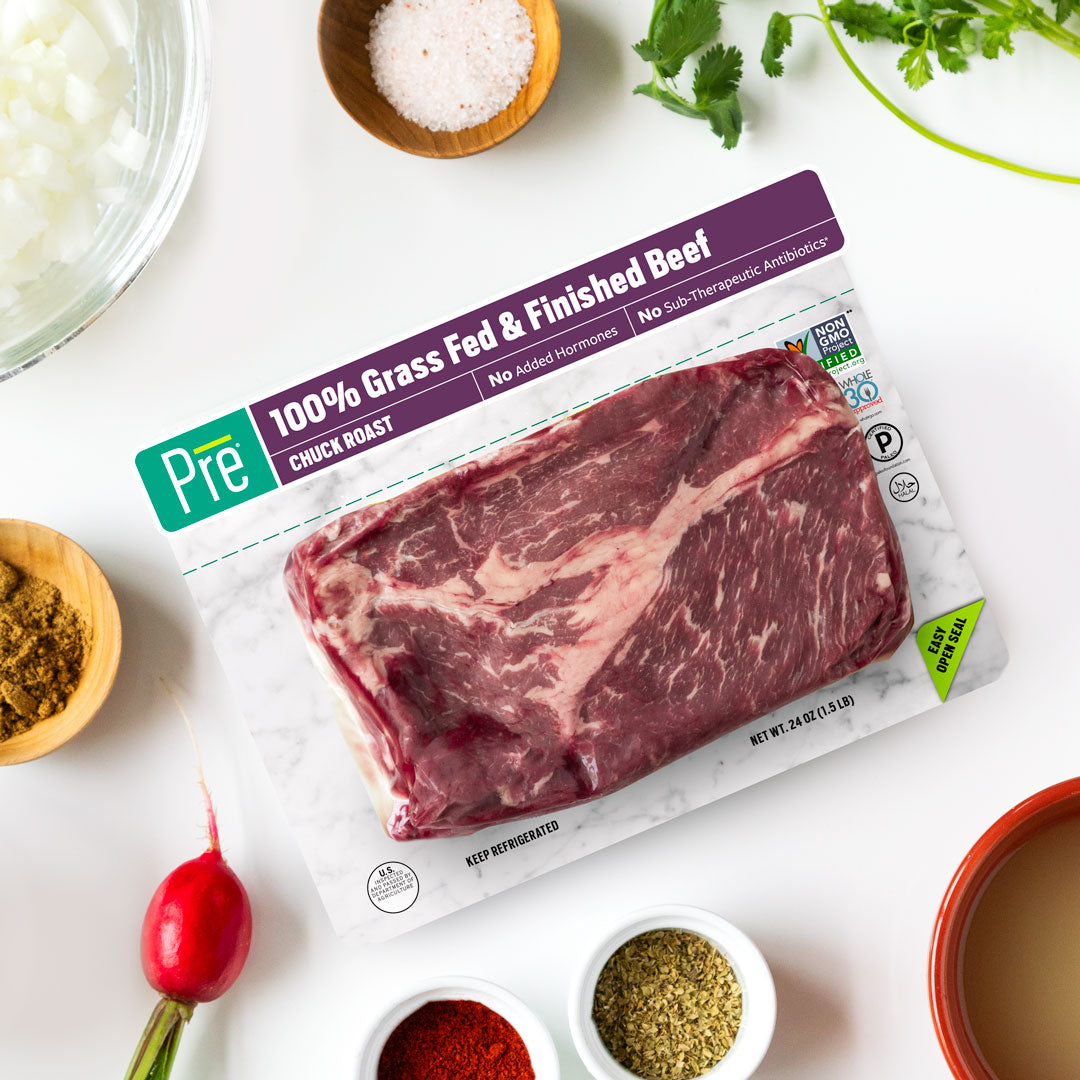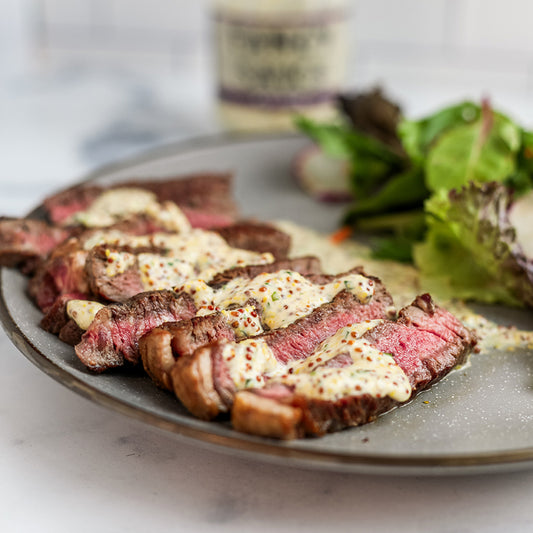
Fake Meat vs. Real Meat
Plant Based Meat
One of the newest trends across the meat industry is plant-based meat alternatives. Whether it be a plant-based hamburger patty, meatballs, or chicken nuggets, you can find a plant-based alternative to just about everything. Do they taste just as good as the real thing? That often depends on the product and your unique palate; we will admit that some can be surprisingly flavorful. However, plant-based meats are not gaining popularity simply because of their taste. Some believe there are health benefits of eating these imitation meats, and many eat them because there is no animal mistreatment involved in their production. While this is certainly admirable that these companies are making “meat” without animal cruelty, we believe there is a way to still produce delicious, real meat while treating animals with care.

The Difference Between Fake Meat and Real Meat
Many plant based meat companies have worked hard to create the closest duplicate of real meat that is possible. These meat alternatives use plant proteins from peas, soy, potato, and other plants. They imitate meat in every way and have the same appearance, similar taste, and even fake bleed with the help of a protein added called soy leghemoglobin. The fake meat industry is taking off fast, and these products are found in grocery stores and fast-food restaurants worldwide. Fake meat may taste a lot like the real thing, and the nutritional labels may make the products seem like they have a similar nutritional value, but they are not the same (Duncan, 2021). Several metabolites essential to human health are found in greater quantities in beef, including creatine, glucosamine, squalene, spermine, and omega-3 fatty acid. These plant-based alternatives contain many of their own health benefits but nutritionally are not at the same level as real beef (Khillar, 2022).
While these companies aim to reduce animal mistreatment while providing a delicious substitute, we believe there is a better option. Pre has been providing customers with lean and healthy meat by raising cattle in their natural environment. This practice provides a more humane and less stressful lifestyle for the cattle raised. We believe that nature, not technology, should be responsible for what is on our plates, and many of these meat alternatives are unhealthy (Reinburg, 2021).

Taste the Difference With Pre
Our meat is always 100% grass-fed, grass-finished, and raised with care. Our meat has no added antibiotics, added hormones, BPA, or GMOs, providing you with a high-quality protein source that was treated humanely. Every order comes in a transparent, vacuum-sealed package, so you see exactly what is inside with nothing to hide.
References
Duncan, C. (2021, July 6th). Spectrum News 1. Retrieved from https://spectrumlocalnews.com/: https://spectrumlocalnews.com/nc/charlotte/food-and-dining/2021/07/06/fake-meat-and-real-meat--not-nutritionally-equivalent---researchers-find
Khillar, S. (2022, February 4th). DifferenceBetween.net. Retrieved from http://www.differencebetween.net/: http://www.differencebetween.net/object/comparisons-of-food-items/difference-between-beyond-meat-and-real-meat/
Reinburg, S. (2021, June 17th). WebMD. Retrieved from https://www.webmd.com/: https://www.webmd.com/diet/news/20210617/how-healthy-are-the-new-plant-based-fake-meats



